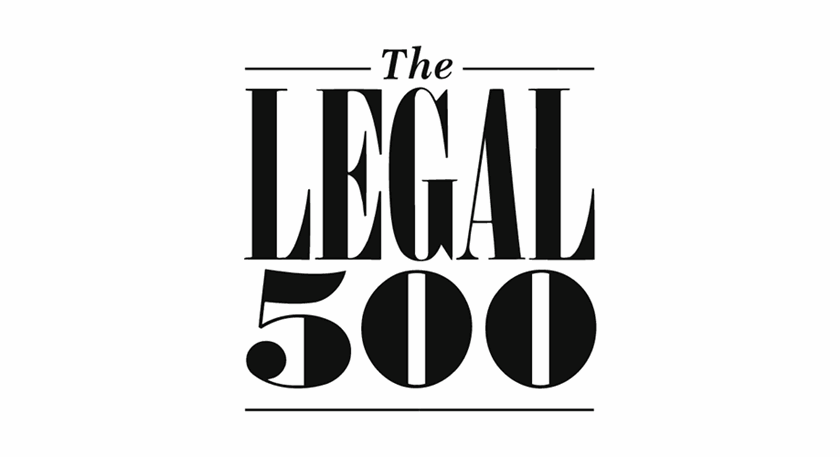Reform and opportunity in the school sector
News

As has been highly publicised and much commented on, the Prime Minister delivered a speech at the British Academy London entitled "Britain, the great meritocracy" last Friday 9 September 2016. In addition, the PM wrote an article in Saturday's Daily Mail, the text of which is here and on Tuesday this week the DfE launched a consultation on "Schools that will work for everyone".
Many of you will have read the commentary in the papers that followed the PM's speech. This note looks at the key points from the speech and highlights some opportunities for certain sectors.
Key Points
Aside from the background and reasons given by the PM for proposing reform in the education system, the PM delivered these specific points:
- A "need to ensure there is a good school place for every child and education provision that caters to the individual needs and abilities of every pupil".
- A commitment to retain the pupil premium.
- An outline of four specific measures designed to develop the schools system.
a. Universities. Drawing on the examples of The University of Cambridge establishing a primary school, The University of Birmingham establishing a new secondary school with sixth form provision, and the University of Brighton sponsoring several different primary and secondary schools, the government will ask universities to strengthen state school attainment by sponsoring a state school or setting up a new free school. Over time, the government wishes to extend this to the sponsorship or establishment of more than one school so that universities will sponsor school chains all around the country.
b. Faith Schools. Pointing out that these are popular with parents and are more likely to be rated good or outstanding by Ofsted, the government will seek to remove the 50% cap that has been placed on new faith schools, under which a school can only admit a maximum of 50% of the intake of children of the same faith. The intention with the cap had been to increase diversity in many faith schools, but it had little impact on Jewish, Muslin, Sikh and Hindu schools with the impact being felt by the Catholic community who had not opened new schools since 2010. The government's consultation will facilitate a discussion about the requirements that will be necessary to make sure faith schools are inclusive.
c. Independent Schools. Drawing on the work done by Eton College and Westminster School, the government will encourage some of the "biggest independent schools" to bring their knowledge, expertise and resources to help improve the quality and capacity of schools for those who cannot afford to pay fees. The PM wants to consult on how the government can amend Charity Commission guidance for independent schools "to enact a tougher test on the amount of public benefit required to maintain charitable status". This proposal is qualified by the PM stating that "this will be proportionate to the size and scale of the school in question". For those with "capacity and capability" the government will seek to ask them to go further and sponsor or set up a new government funded school in the state sector and to retain the responsibility for running it and ensuring its success. Alternatively, independent schools may be asked to "fund a number of places at their own school themselves for those from modest backgrounds".
d. Grammar Schools. Finally, and perhaps most controversially: The expansion of grammar schools. The PM stated that the government will make available up to £50 million a year (which seems a relatively small amount of money out of the whole education budget) to help support the expansion of good or outstanding existing grammars. The government will ask new grammars to demonstrate that they will attract pupils of different backgrounds and "do more" by working with local primary schools to help children from more disadvantaged backgrounds to apply.
Comments
Arguments from all sides of the political spectrum, about faith schools, selective schools and the charitable status of independent schools have often erupted over the years. Whilst the speech was very general in nature as to how these complex new proposals with their various possible safeguards might be implemented in practice, few people can argue with the idea of creating more good school places for children from more disadvantaged backgrounds. The consultation has just opened and the road to achieving the reforms is likely to be long and difficult for the PM.
As ever, the detail in any future proposals or announcements will be crucial and key stakeholders are now consulting on these reforms. Clearly there are potential challenges in these proposals for these sectors. However, all of this could equally present significant opportunities for universities, independent schools, churches, faith groups and academy chains if they embrace the spirit of the PM's speech.
Links to: Farrer & Co Briefing: Charity Commission, public benefit and independent schools December 2015
If you require further information on anything covered in this briefing please contact Maria Strauss ([email protected] / 020 3375 7259) or your usual contact at the firm on 020 3375 7000. Further information can also be found on the Schools page on our website.
This publication is a general summary of the law. It should not replace legal advice tailored to your specific circumstances.
© Farrer & Co LLP, September 2016







